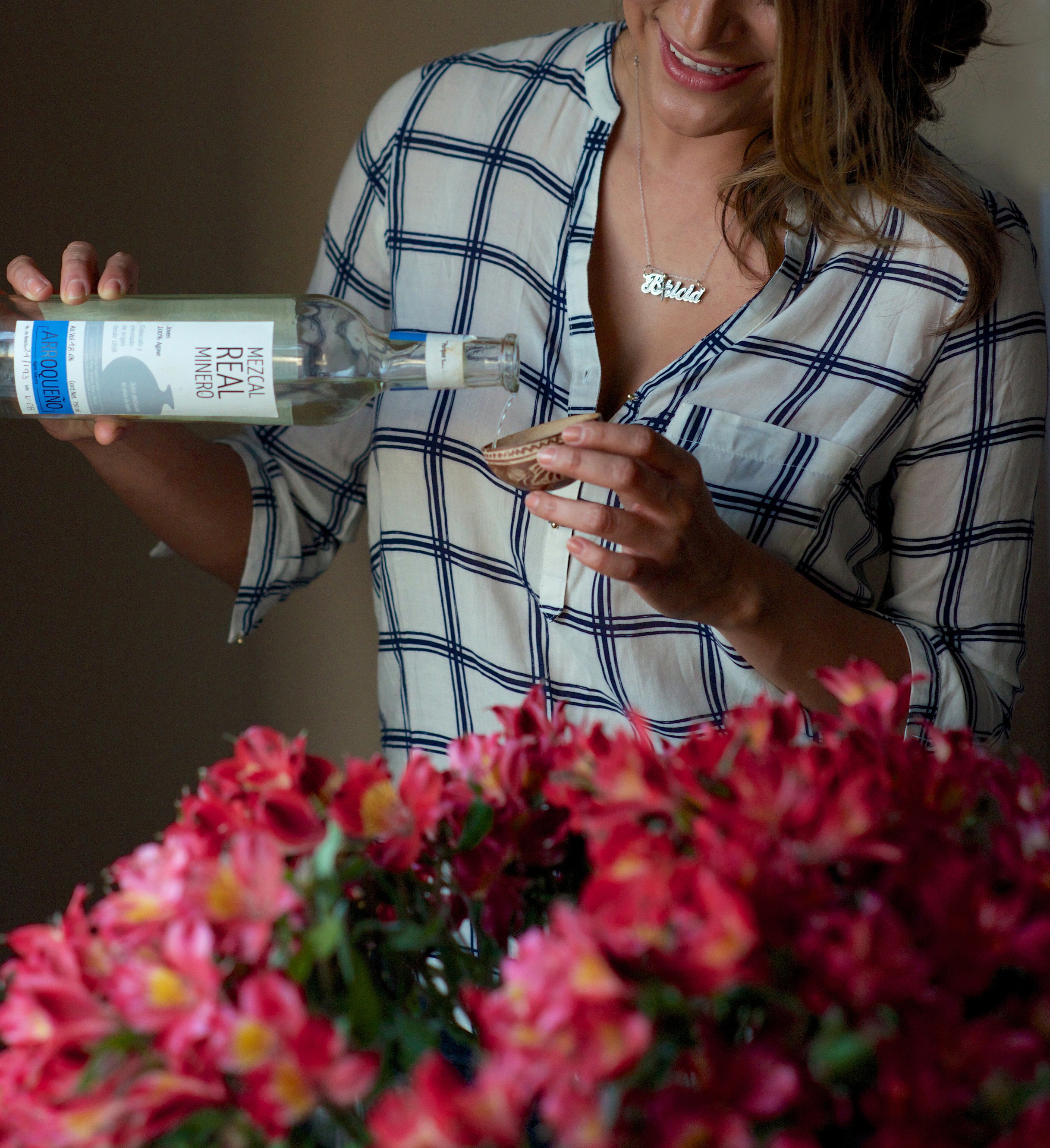Mezcal, as with Tequila is a distillate from the Agave plant. Production of the latter comes from the Tequila region of Jalisco, a northern state of Mexico. Similar to champagne from France, Tequila’s name use and production is limited to the tequila region and a few other regions near by. It wasn’t until 1974 when Tequila was registered before the World Industrial Property Organization, that its common name mezcal, or vino del mezcal came to a halt and the product known today as ‘Tequila’ was launched and preceded to have tremendous commercial success.
Today, 80% of all mezcal production comes from the southern state of Mexico, Oaxaca. As opposed to tequila, which is limited to the use of Tequilana Webber, most commonly knows as ‘Blue Agave.’ Mezcal production comes from a variety of wild agaves that grow in the higher altitudes of the Oaxaca region as well as a cultivated Agave commonly known as Espadin. Both the Espadin and Blue Agave take anywhere from 6-8 years to mature before they are ready for harvest, as opposed to Wild agaves used for mezcal productions, such as the Arroqueño that can take up to 20 years to reach maturity.
Mezcal’s distinct smoky flavor comes from the cooking process of the agaves’ heart (called piña) after the harvest. Traditionally with Tequila, Piña’s are steamed in autoclaves or brick ovens from 8-72 hours depending on the machinery used. With Mezcal, piñas are roasted in an underground oven heated with river rocks and pine wood or mesquite, then covered and cooked from 3-5 days depending on the elevation and weather.
After the piñas have been cooked and fermented, they go through the distillation process. In Oaxaca, most of the pot stills are made out of copper and in certain regions like Santa Catarina Minas, ancient methods are still used to make what is called Minero; a mezcal distilled in clay pot stills. Today in Jalisco, the majority of the tequila is distilled in stainless steel stills.
Mezcales Tradicionales are distilled twice and are never aged. They are bottled young and it’s alcohol content can range from 45% - 55 % (90-110 proof). Tequila comes in at 40% (80 proof).
Treat mezcal with respect. If it is your first time trying it, take it slow. Remember you are having a distillate with an average of 48% alcohol. Give it kisses and take it slow. Soon enough you will give into its charm. At least I did

